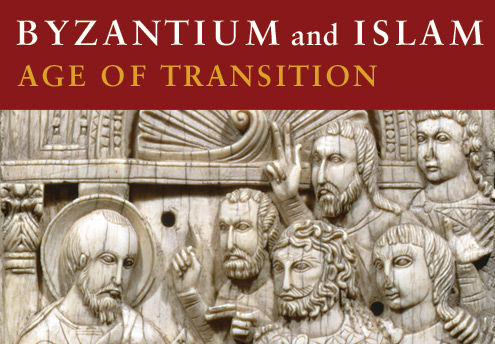The Byzantine Empire survived in the East with its capital at Constantinople until 1453. The emperors were absolute rulers chosen in theory by God and were responsible for preserving the traditions of Roman justice.
Byzantium was the buffer that cushioned Europe against frequent invasions from the north and east. The Byzantine armies and navies were well organized and led. The Byzantines also developed great diplomatic skill.
Byzantine strength was based on a rich economy. Trade and a monopoly of silk and luxury goods were important, but agriculture was the mainstay of both the economy and society. The Byzantines faced constant problems caused by the absorption of small farms into
large estates.
Religion dominated Byzantine life. The emperor was also the effective head of the church, a system known as Caesaropapism. Religious controversies such as the iconoclast heresy were also political issues.
Differences between Latin Western Christianity and Greek Eastern Christianity multiplied after the fall of the Roman Empire in the West. In 1054 these differences came to a head in a schism between the two churches that has never been repaired.
One of the greatest Byzantine cultural achievements was the transmission of their civilization to Russia and the eastern Slays, who were converted to Byzantine (Orthodox) Christianity in the ninth and tenth centuries. Because of its Byzantine heritage, Kievan Russia developed very differently from western Europe.
Byzantium preserved and transmitted the works of ancient Greece. Byzantine literature and art were of a high standard and were influential in the West.
Islam, a monotheistic religion, was founded in Arabia by Muhammad in the seventh century. Muhammad’s teachings are collected in the Koran, the Islamic holy book. His followers are called Muslims. Their holy city is Mecca.
Muhammad converted and united most of Arabia. After his death in 632 the Muslims conquered all of the Near East, Egypt, North Africa, much of Spain, Persia, and northern India. This rapid conquest was the result of the Muslims’ religious zeal, the weakness of the Byzantine and Persian empires, and the Arabs’ need to expand to reduce the overpopulation of the Arabian peninsula.
In the eighth century the Arab empire split into several rival states, the chief of which was the caliphate of Baghdad.
Islamic civilization was based on religion and on the Arabic language. In government, literature, and philosophy, the Arabs borrowed extensively from the Greeks and Persians. In science, philosophy, and literature, the achievements of Arab civilization were very high.

